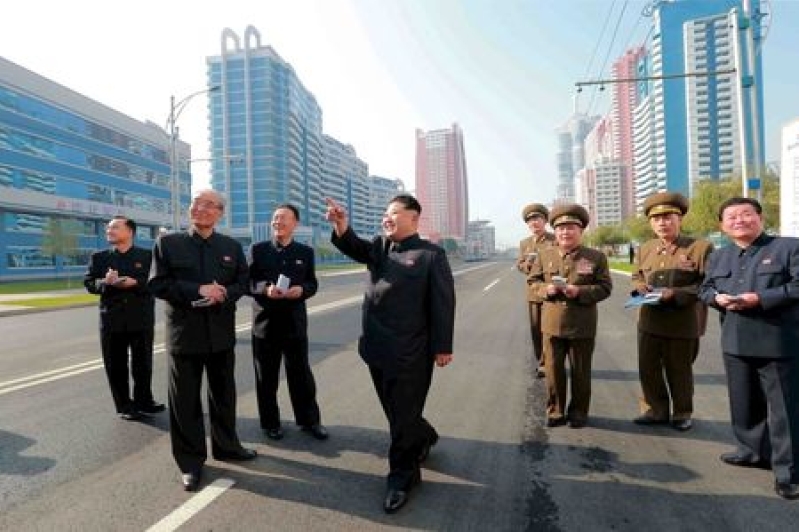
Members of the U.S. House of Representatives called on Thursday for the return of North Korea to Washington's list of "state sponsors of terrorism," subject to strict controls on trade and other restrictions.
But officials from President Barack Obama's administration said any such determination would only be made over time, with careful consideration.
"North Korea's actions have gotten more bolder and more flagrant," Republican U.S. Representative Ted Poe, chairman of a House subcommittee on terrorism, non-proliferation and trade, said at a hearing on whether Pyongyang should be returned to the list.
Calls to return North Korea to the list intensified about a year ago when Pyongyang was blamed for a cyber attack on Sony Corp.
North Korea was put on the US terrorism sponsor list for the 1987 mid-air bombing of a Korean Air flight that killed all 115 people aboard. But the administration of former President George W. Bush, a Republican, removed Pyongyang in 2008 in exchange for progress in denuclearization talks.
Sung Kim, the U.S. State Department's special representative for North Korea policy, told the panel that North Korea is subject to so many sanctions over its nuclear and rocket programs that it did not gain much from being removed from the list.
U.S. President Barack Obama and South Korean President Park Geun-hye met on Oct. 16 and said they were open to negotiations with North Korea on sanctions, but Pyongyang needed to show it was serious about abandoning its nuclear weapons program.
North Korea rejected the idea of resuming talks, saying previous attempts ended in failure and reiterated its demand that Washington come to the table to negotiate a peace treaty.
North Korea walked away from the so-called six-party talks in 2008 and went on to conduct two more nuclear tests.
There are currently three countries on the U.S. terrorism sponsor list: Iran, Sudan and Syria.
(Reporting by Patricia Zengerle; Editing by Alan Crosby)






